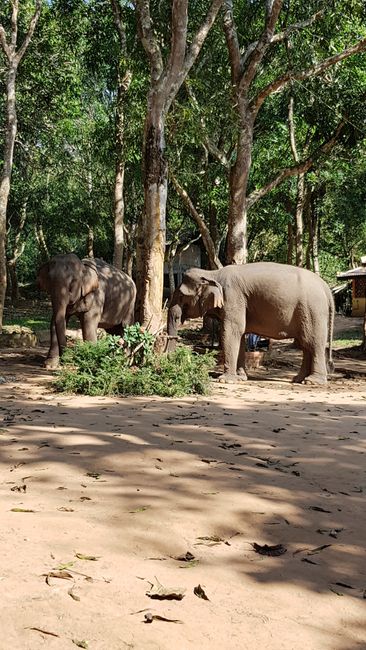Luxury in Hoi An
Нийтэлсэн: 22.01.2019
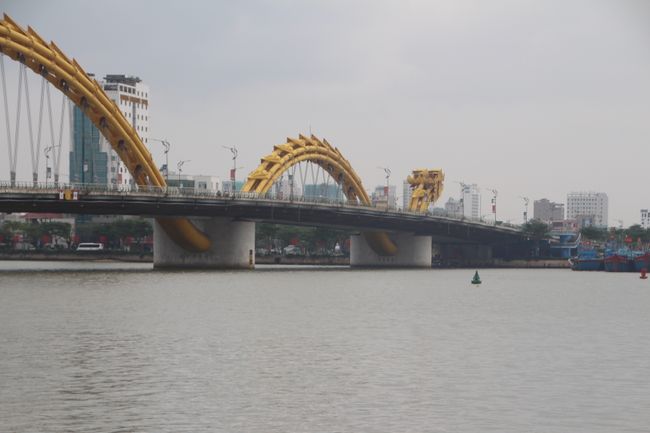
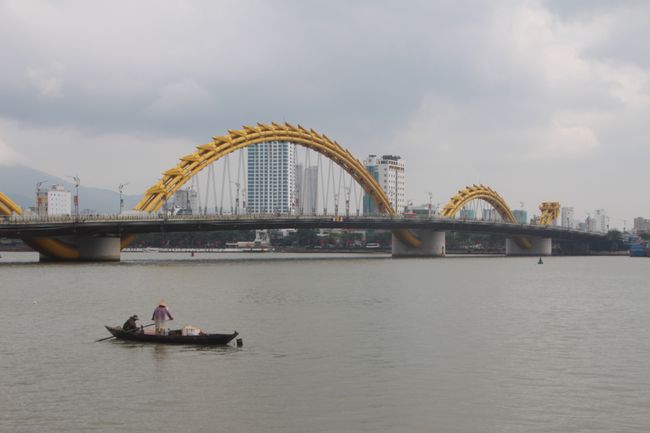
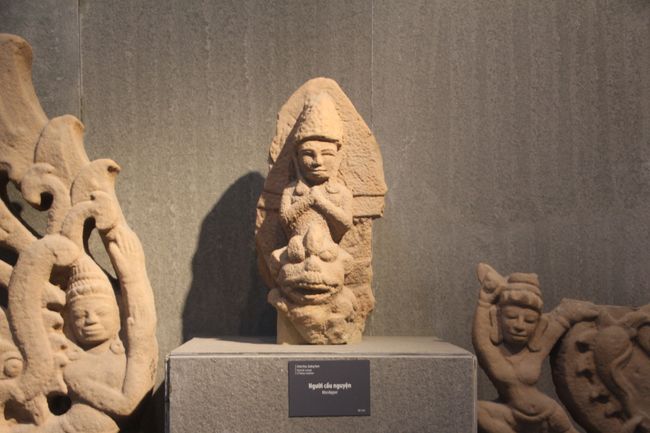
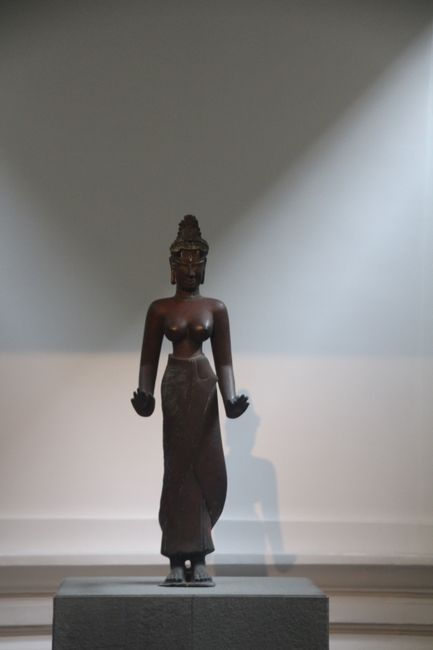
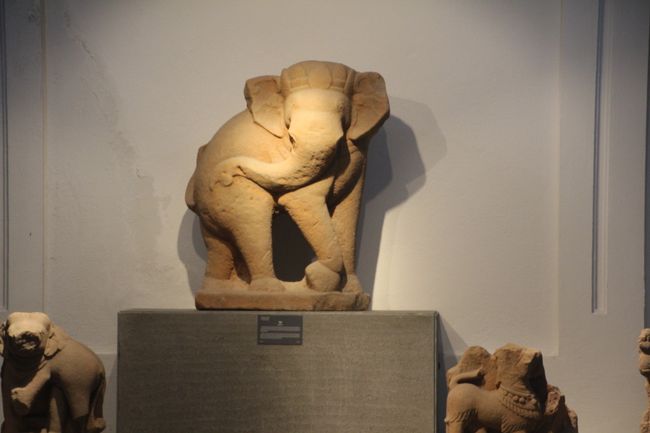
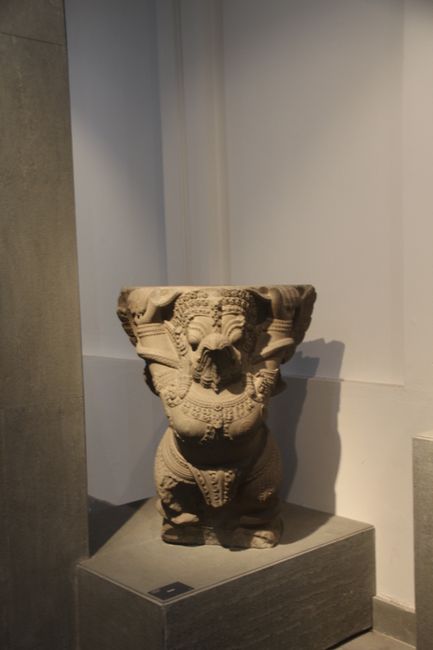
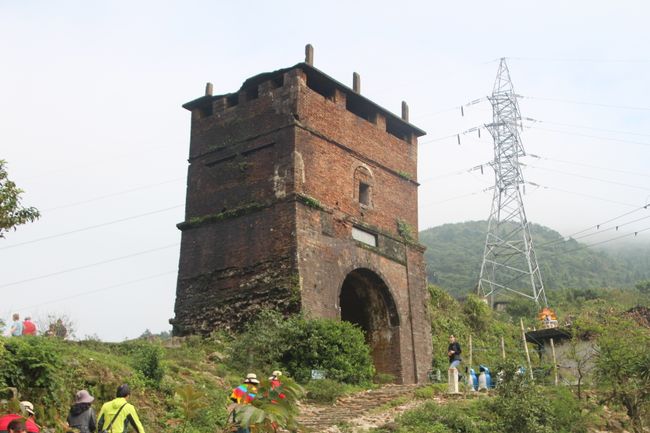
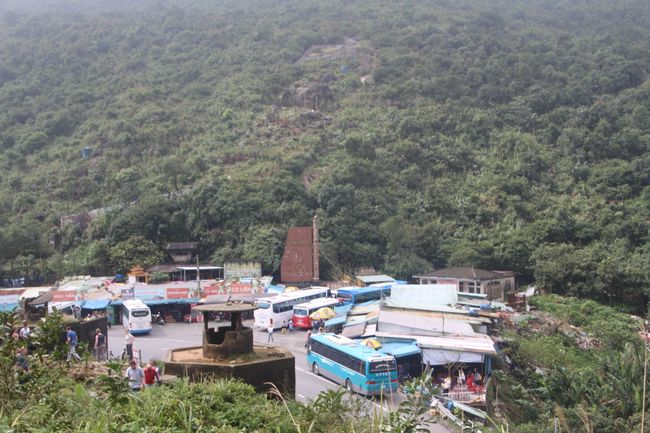
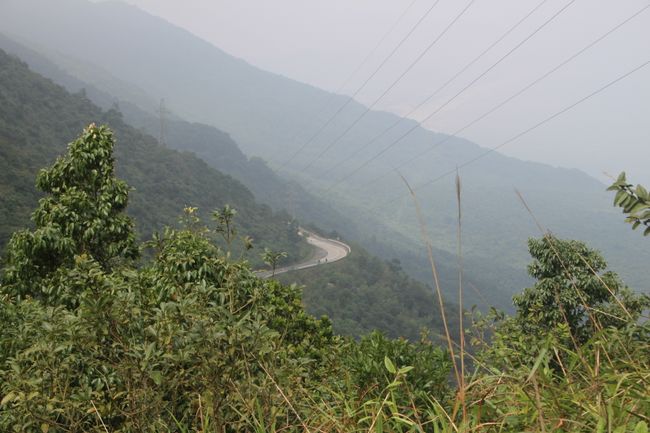
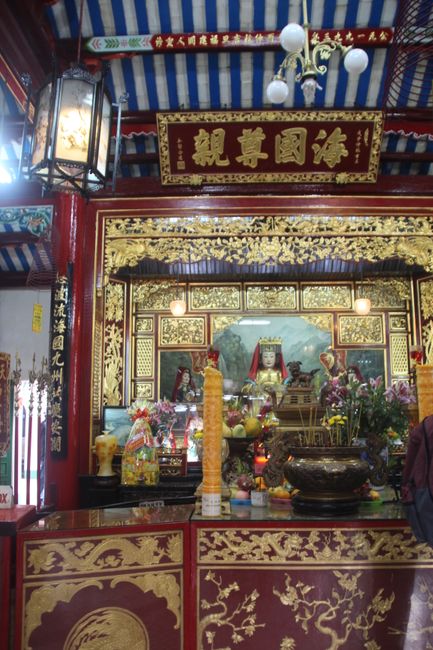
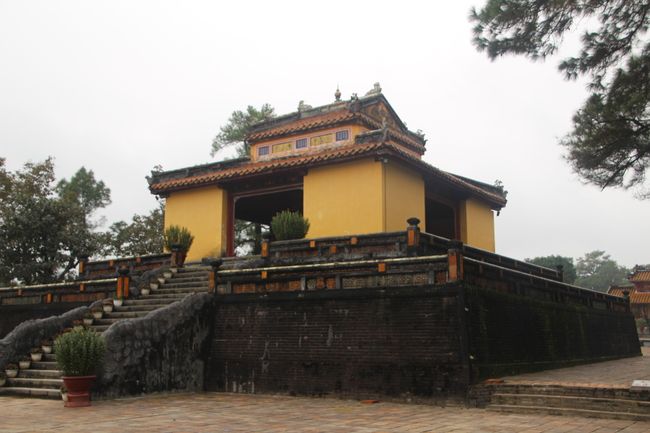
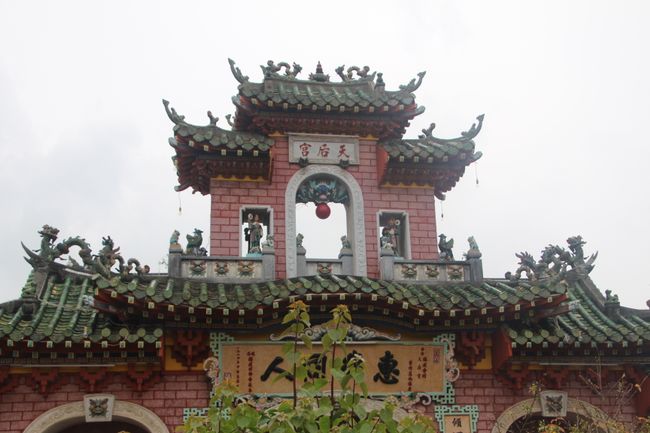
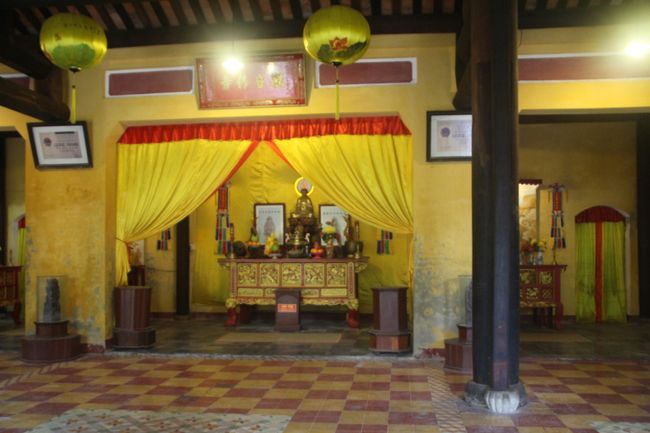
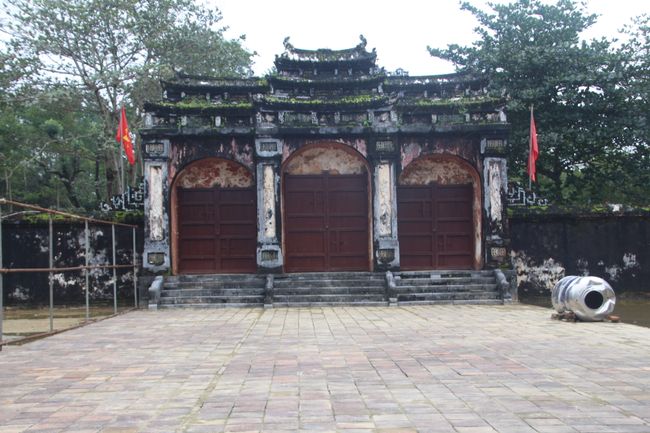
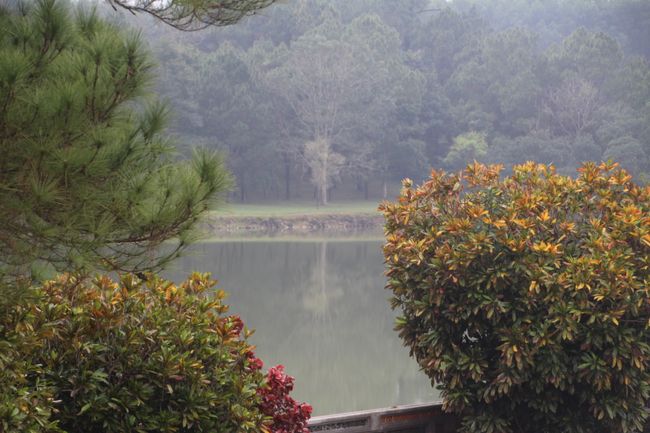
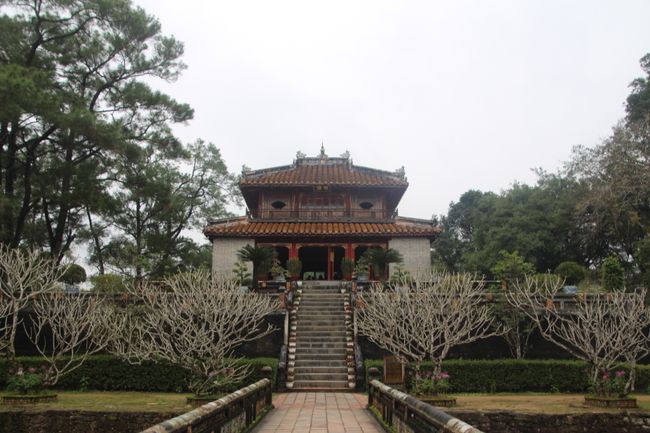
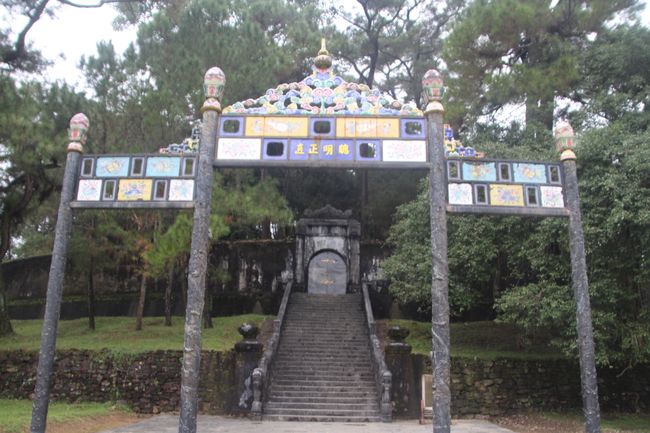
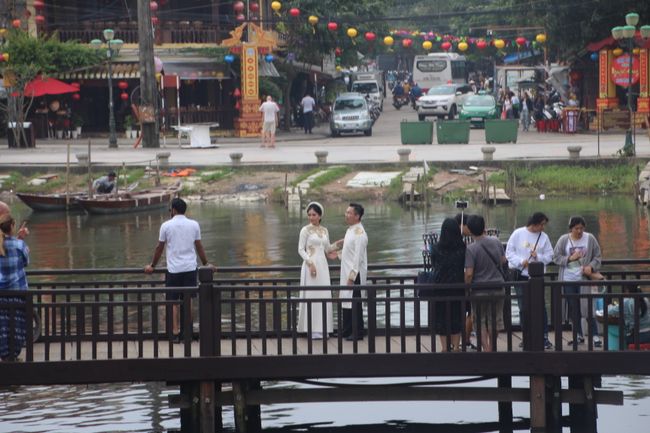
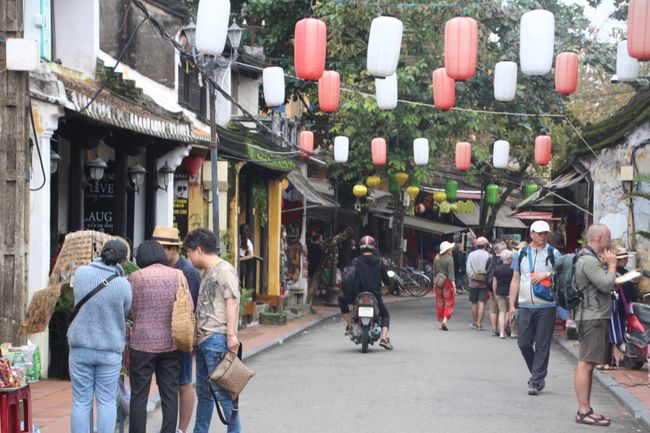
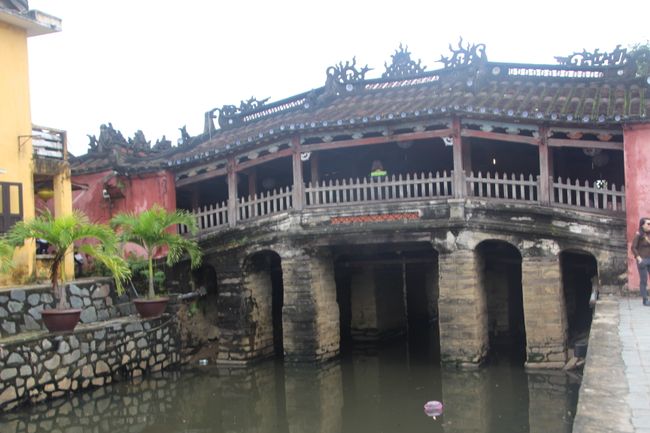
Мэдээллийн товхимолд бүртгүүлнэ үү
Our hotel in Hoi An was a very nice resort with a swimming pool about 2 km from the city center. The rooms were tastefully decorated, equipped with a balcony or terrace - including a Hollywood swing.
In the morning, we met to first visit a huge garden area. The city provides each small farmer with a plot of land of about 500 square meters and also takes care of the irrigation. The farmers cultivate the soil, which yields salads and vegetables all year round. There is a market through the surrounding restaurants and hotels. However, the income from sales is only about 100 to 150 euros per month.
We then went on a city tour in the old town with some very old (16th/17th century) buildings. The city is very touristy. But because there are no high-rise buildings, it is really beautiful. Shops line up next to each other. Many tailor shops compete for the favor of the guests. If you order a suit or dress, it will be delivered to the hotel by the next day.
After a stopover in a cafe run by deaf-mutes (orders are placed on slips of paper on which you tick off what you want, and gestures), we walked to a riverside restaurant where we had lunch. In short: it was delicious.
We had the afternoon free. We used it for a stroll and an evening boat trip. The pictures capture the atmosphere a bit.
The next morning, we met fairly early to drive over the Hai Van Pass to Hue. The Hai Van Pass used to be the border between the Champa tribe and the Vietnamese people. There were always military conflicts until a marriage between the two tribes ushered in a peaceful period. The border between North and South Vietnam, until the Americans withdrew, ran a bit further north, namely at the 17th parallel.
Before that, we visited the Champa Museum in Da Nang, which contains exhibits from the 6th century to the late 17th century.
On the way to our hotel, we also visited the tomb of Emperor Minh Mang. It was built by tens of thousands of workers in 3 years. The king was buried underground. Bad for the workers who completed the underground tomb: they were subsequently killed.
Мэдээллийн товхимолд бүртгүүлнэ үү
Хариулт

